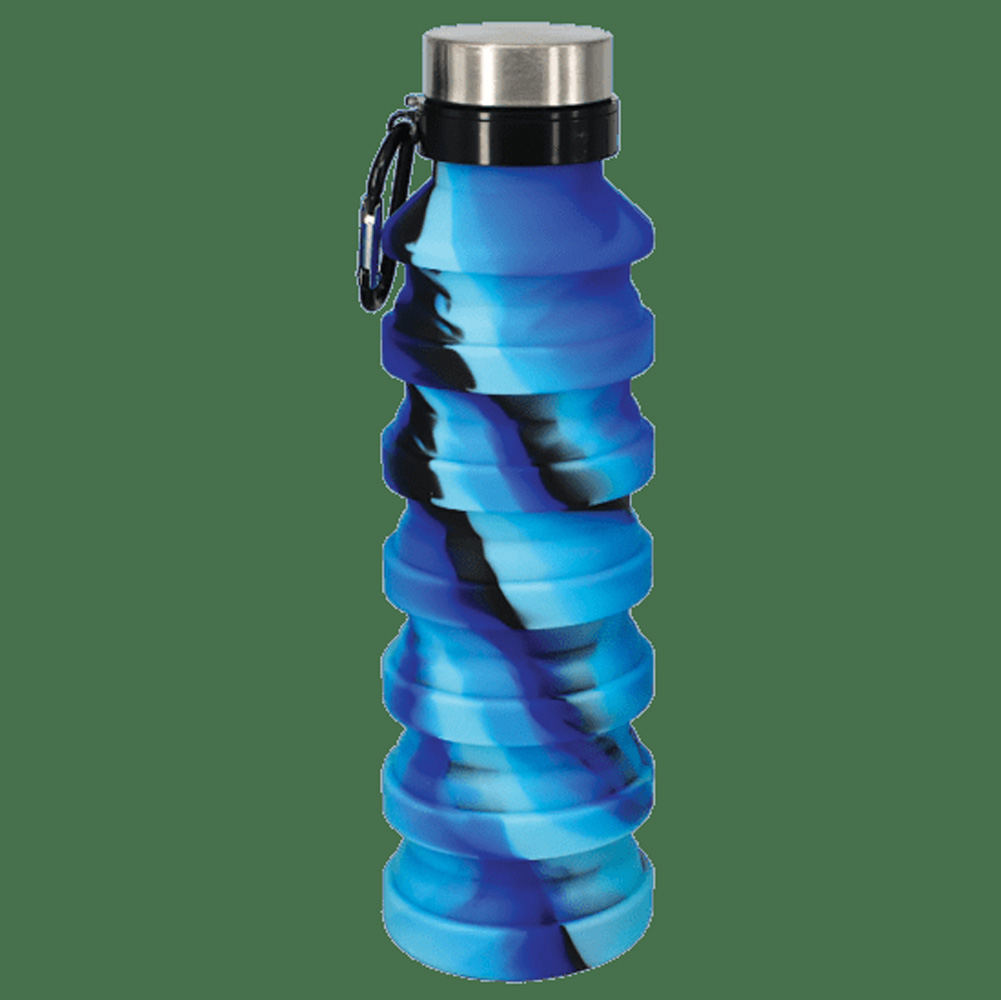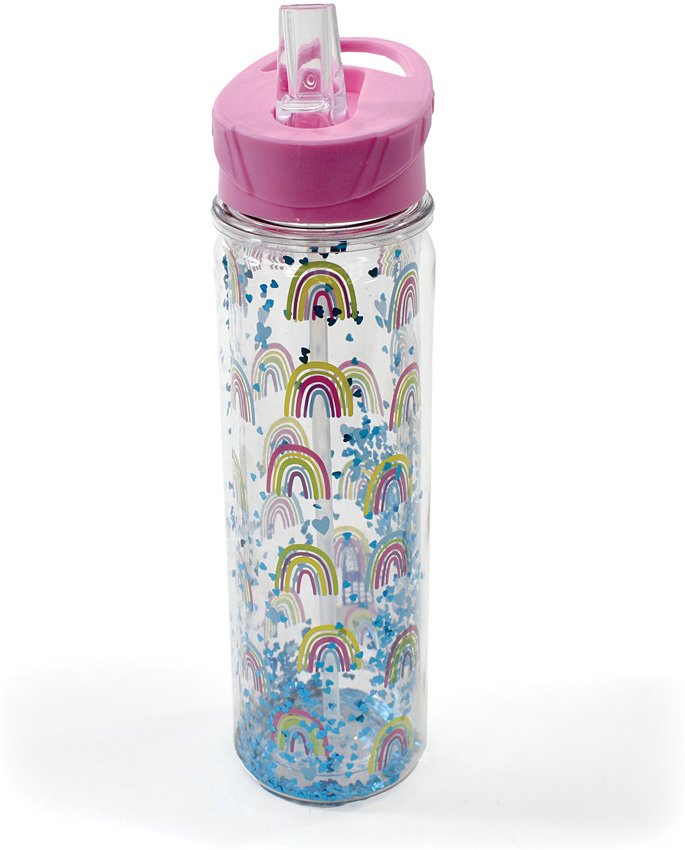


"We are also very fortunate that Scotland's climate has high levels of rainfall throughout the year."įor anyone concerned about the quality of their tap water, an alternative to buying bottled water is to use a home water purification system, such as one fitted under your sink, or the filters that slot into dedicated water jugs. "We extract no more than 3% of the rain that falls on our catchment, ensuring the long-term sustainability of one of the planet's more valuable resources for generations to come," he says. Simon Oldham says that is definitely not the case at Highland Spring, which comes from the Ochil Hills in Perthshire.

Regarding bottled water specifically, Ms Villanueva says with much coming from natural springs, she is concerned that these sources "are prone to overexploitation" - that too much water is being extracted. More information about water quality would help ease people's concern, she says. She adds that while health authorities have a duty to ensure that mains water is safe, they would do well to be more transparent. "The publicity and marketing of the bottled water industry, and, a lack of publicity for public water supplies, probably has a main role, at least in countries like Spain," she says. Ms Villanueva thinks that there is likely one significant factor behind the continuing boom in bottled water sales. with consumers seeking healthy choices and alternatives to both sugary soft drinks and alcoholic beverages".Ĭristina Villanueva says that tap water is perfectly fine for most of usĪn associate research professor at the Barcelona-based Institute for Global Health, she has spent years researching water. Mr Oldham adds that the overall increase in sales of bottled water "has been driven by an increased health and wellbeing awareness. "During the pandemic, sparkling water in particular saw strong growth, as consumers sought out low/no alcohol drinks that kept them hydrated and offered versatility," he says. Simon Oldham, joint managing director of Scottish bottled water brand Highland Spring, confirms the increased demand for the fizzy version.
#Iscream water bottles series
More from the BBC's series taking an international perspective on trade. This growth is being led by sparkling water, sales of which are more than doubling. And that number is tipped to jump to $419.9bn by 2029. The industry is expected to enjoy revenues of $324.4bn (£266bn) this year. What is certain is that the global bottled water sector continues to boom. And then there were the recent scandals about contaminated tap water in the US. Others point to bottled water being healthier than sugary soft drinks. And increasingly they are made from already recycled PET in the first place. The industry counters that today's bottles, made from polyethylene terephthalate (PET), are 100% recyclable. The study adds that only 9% of plastic bottles sold globally are currently recycled. In the US alone, 50 billion plastic water bottles are purchased every year, according to one report.


 0 kommentar(er)
0 kommentar(er)
